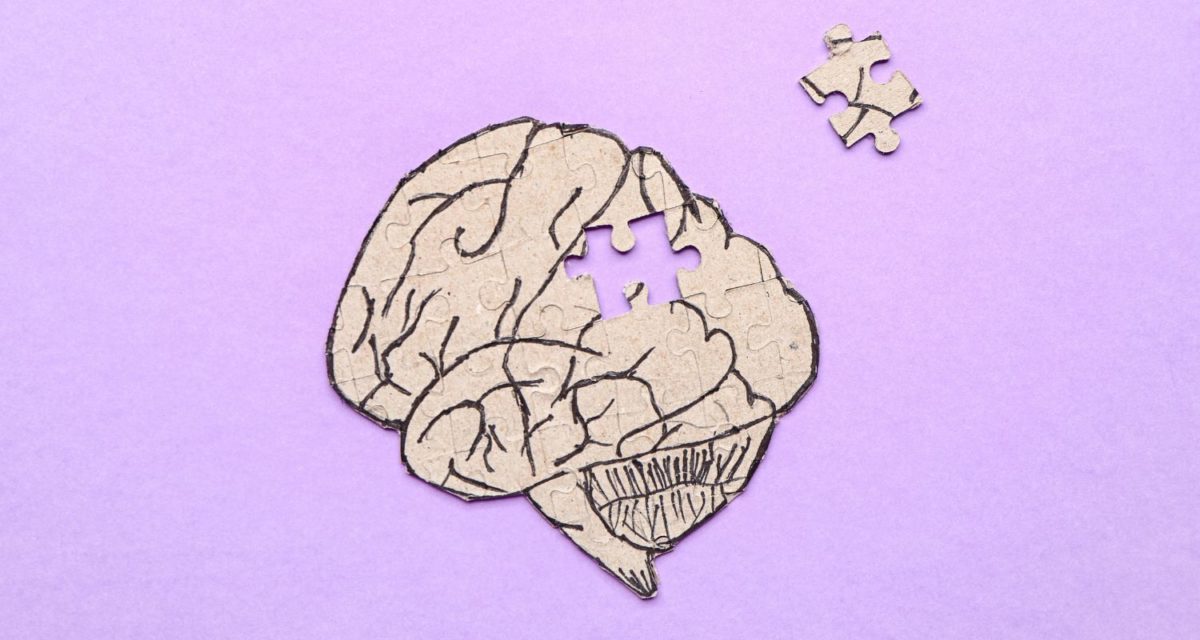Do you have hearing loss? If you have been ignoring it could be far worse than simple misunderstandings. Unaddressed hearing loss can lead to a wide range of symptoms from chronic depression, loss of self-esteem, a higher risk of accidents leading to hospitalization, and cognitive decline. If this wasn’t alarming already, several significant studies have found a strong link between hearing loss and dementia!
What is Dementia?
Have you ever been close to someone who developed dementia? If so then you know how devastating it can be. The person you’ve known for years begins to slip away and it feels like there is nothing you can do to get them back. They are with you, however, it feels as if their mind is somewhere else. Dementia is technically a grouping of neurodegenerative diseases in which two or more cognitive functions are compromised. This can include, memory, social skills, remembering the order in which tasks are completed, and even processing emotions. It most often begins slowly and becomes more severe over time until it is hard for the person affected to complete daily tasks. It requires 24-hour care, 7 days a week, and can be just as devastating for the loved ones left with the responsibility of providing this care.
Preventing Dementia
While no one knows exactly what causes dementia there have been several risk factors that may contribute. Some of these factors cannot be changed, such as age and family history, but several factors can be. In 2020, the Lancet Commission identified 12 modifiable factors of dementia. This included less education, hypertension, obesity, alcohol, traumatic brain injury (TBI), smoking, depression, physical inactivity, social isolation, diabetes, air pollution, and hearing loss!
Connecting Hearing Loss and Dementia
So what is the connection between dementia and hearing loss? Several studies have found an association between the two conditions, finding that are far more likely to develop cognitive problems than people who do not have hearing loss. Many of the researchers believe this could be several factors:
Brain Strain
When we struggle to hear it leaves blank spaces in what our brain can perceive. While we hear with our ears, hearing loss occurs in the disconnect between the delivery of sound to our brains. This means a simple social date can leave us feeling especially exhausted and fatigued. This constant strain on the hearing can take away from other cognitive functions and may be believed by many to be a leading cause of cognitive decline.
Lack of Socialization
An active social life has been a marked aspect that keeps your brain healthy and engaged. Especially in seniors who are already at a higher risk of dementia. Communication issues linked to hearing loss is also been a factor that has increased the likeliness to avoid social situations. When you struggle to hear it can have an impact on everyone you know, building strain in your closest relationships and making the social situation seem too much work to fully enjoy. It was far more common for people with unaddressed hearing loss to avoid social situations which can increase the risk of developing dementia.
Brain Atrophy
Hearing loss often goes for many years or even decades, before it is properly addressed. When sounds struggle to reach the brain, the parts of the brain will start to actively change. If the areas are not being used, it’s believed that the sensory deprivation will cause the cells to wither and die- which can lead to brain shrinkage and a higher risk of dementia.
Addressing Hearing Loss to Help Prevent Dementia
While hearing loss is only one aspect that increases the risk of dementia it is important to do everything, we can fight this devastating disease. There is no cure for dementia so addressing as many modifiable factors may be the thing that adds valuable cognitive years or helps to avoid the condition altogether. With hearing aids, people with hearing loss can hear their loved ones and the world around them. Enjoy added confidence which will allow you to connect to the people in your life, try new things, and pursue the interests and hobbies you love. The first step is to schedule a hearing exam with us today!

